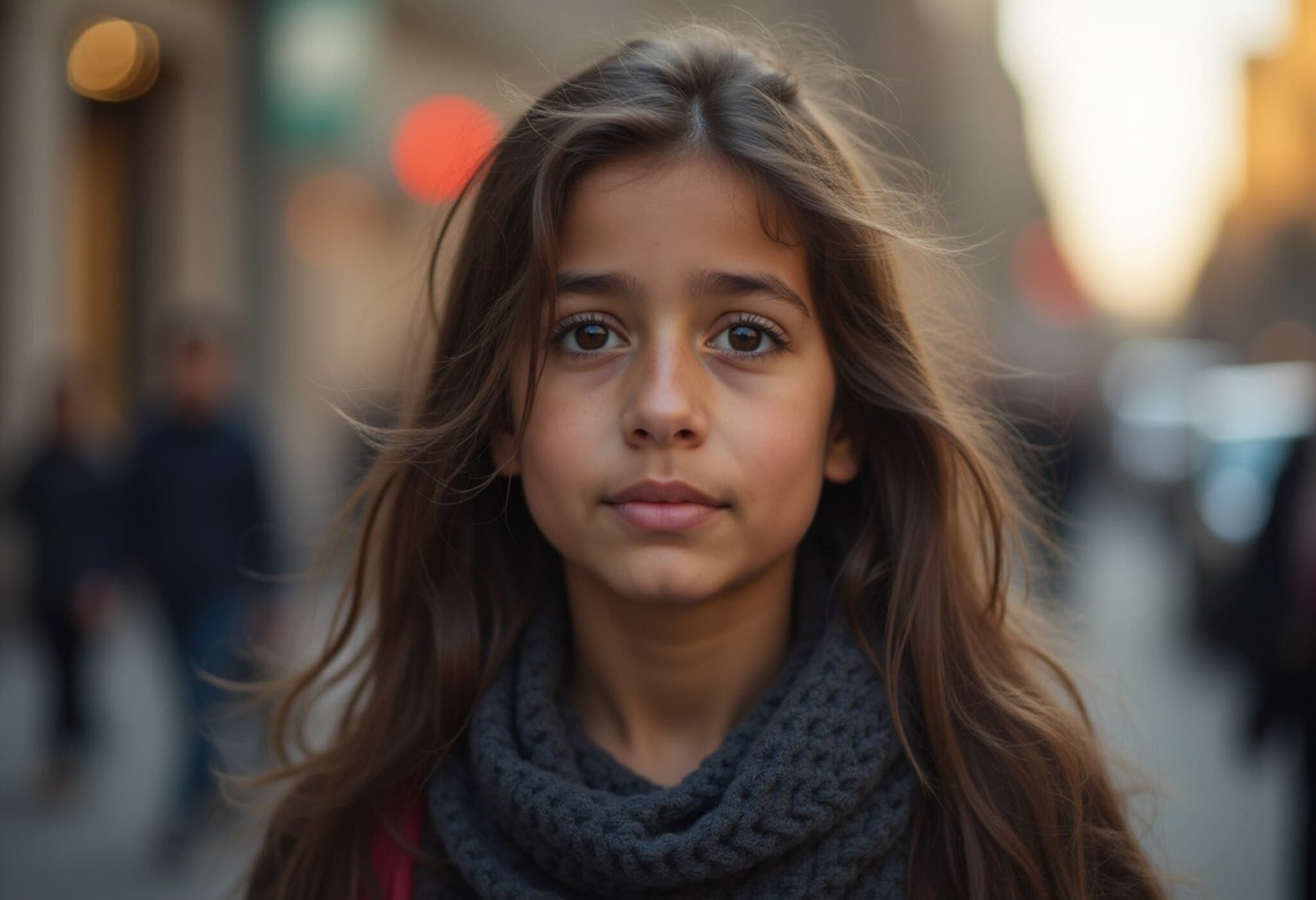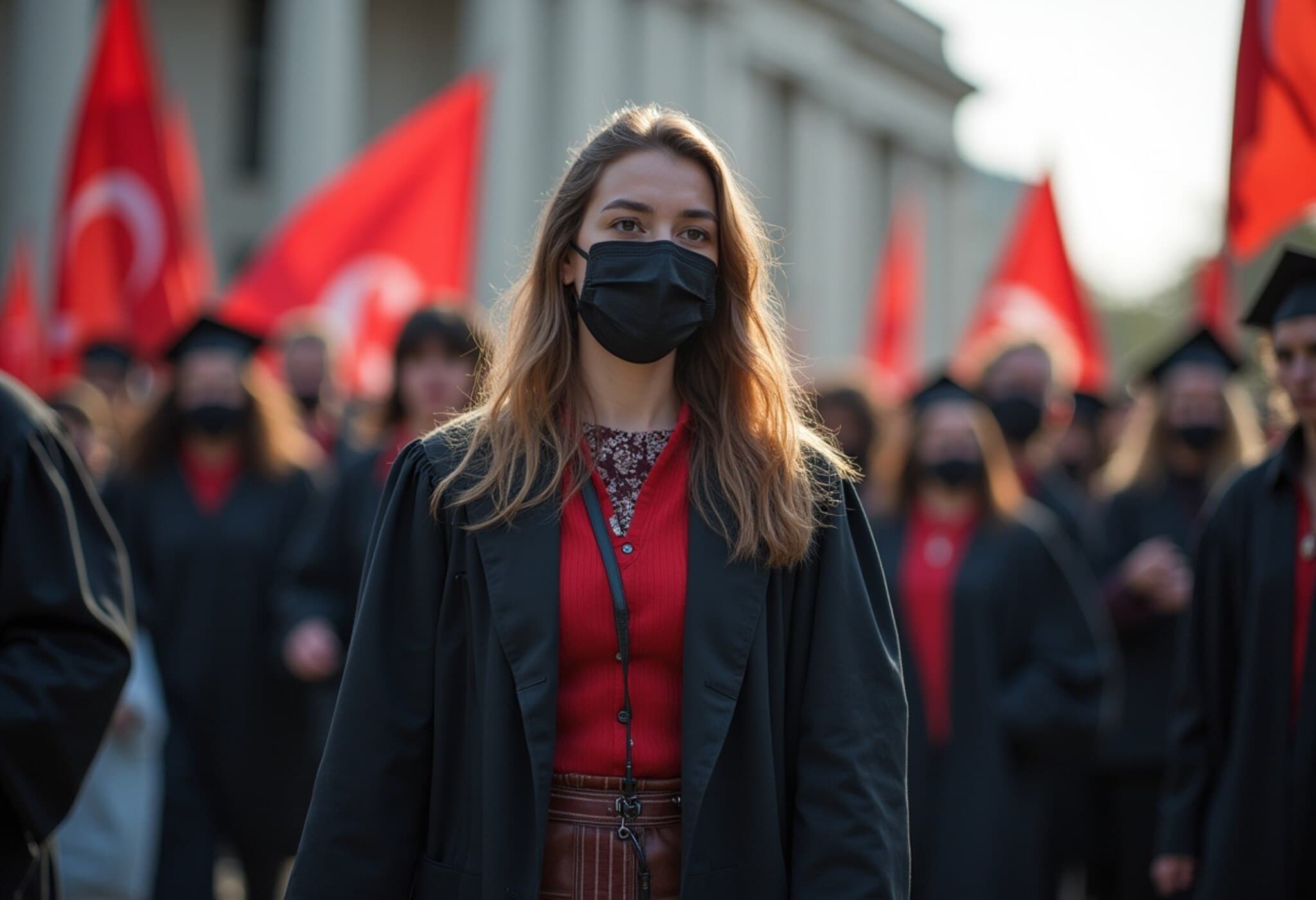Michigan Student Challenges School Over Pledge of Allegiance Incident
In a case highlighting the delicate balance between personal beliefs and school policies, 14-year-old Danielle Khalaf from Michigan has filed a lawsuit after being publicly reprimanded by a teacher for refusing to stand during the Pledge of Allegiance. Danielle, who is of Palestinian descent, declined to rise during the pledge on three separate days in January as a protest against the United States' support of Israel's military actions in Gaza.
Voicing Conscience Against School Norms
According to legal documents, Danielle's teacher responded to her silence with a harsh remark: "Since you live in this country and enjoy its freedom, if you don't like it, you should go back to your country." This incident allegedly caused significant emotional distress for Danielle, including nightmares, stress, and social isolation among peers.
An attorney representing Danielle noted the remarkable courage it took for her to act according to her convictions despite the pressure she faced in the school environment.
Legal Action and First Amendment Rights
The lawsuit, spearheaded by civil rights advocates, argues that Danielle’s First Amendment rights were infringed upon by the school and seeks financial compensation for the harm she endured. The complaint underscores the psychological and social toll of the incident on the young student.
School District Response
The Plymouth-Canton Community Schools district acknowledged the issue and stated that "appropriate action" had been taken at the time, without disclosing specific details. Officials emphasized their commitment to a discrimination-free environment. However, the district has declined additional comments due to the ongoing nature of the legal proceedings.
Context: Michigan’s Diverse Community
Michigan hosts the second-largest Middle Eastern and North African population in the United States, numbering over 300,000 residents. The incident has raised concerns within this community about respect, inclusion, and students’ rights in educational settings.
The Student’s Perspective
Danielle herself described the experience as "traumatizing" and voiced concern that others might face similar treatment. Her stance highlights the complex intersection of patriotism, personal identity, and social expression in schools today.
















